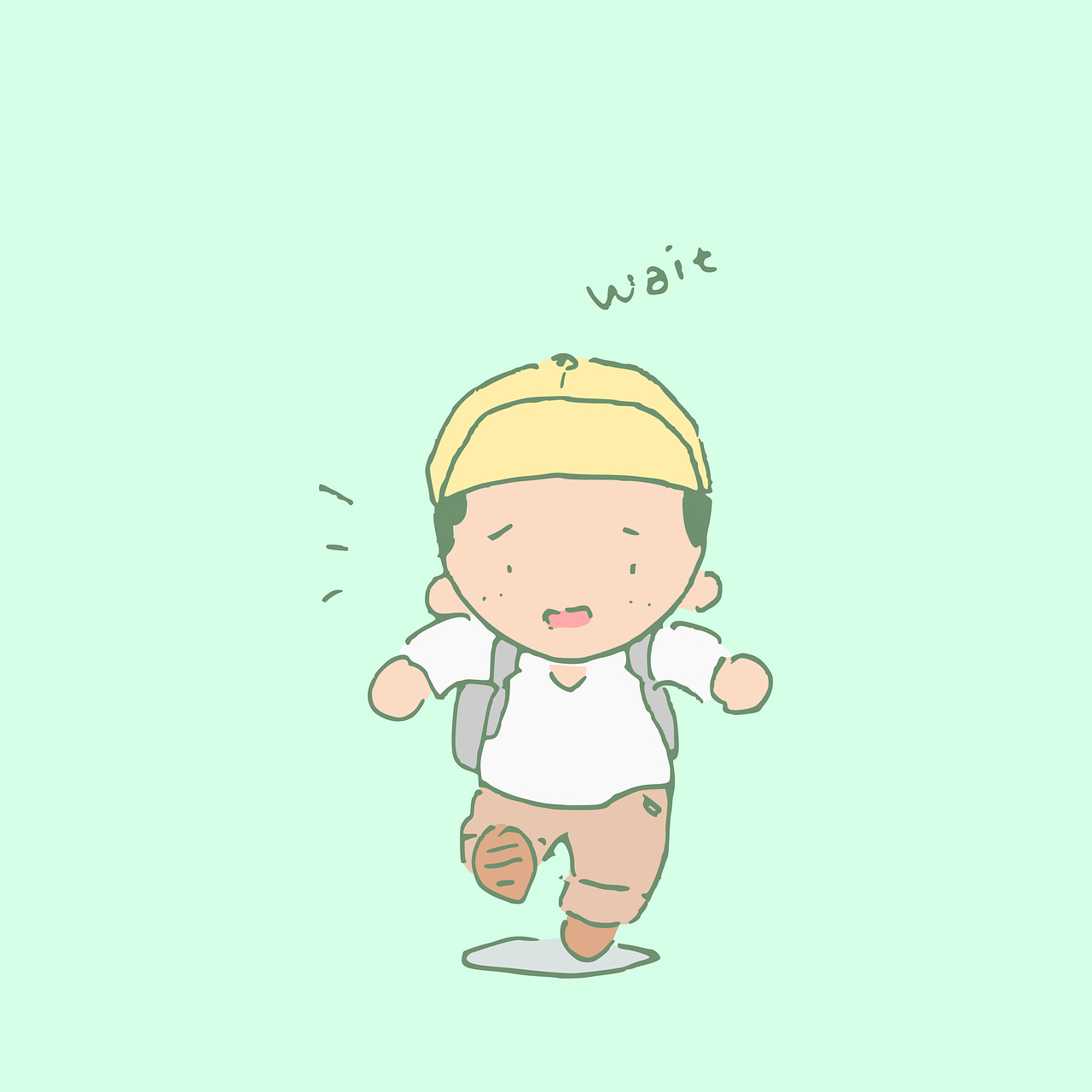Breathing again after the crisis
A ray of hope for those who lost their breath, but somewhere along the way found it again.
"I can't breathe, call first aid" was the first thing he said as he ran up and down the house, trying to catch his breath and restore it to normal.
His chest, head, and leg hurt, and he felt short of breath. He had definitely been struggling with this for over 10 minutes, so it wasn't just a panic attack. It was something more than that. But if it wasn't psychological, then what was it?
When the first responders arrived at his home, they found him in a "stiff" state on the couch. He couldn't speak, couldn't explain what was happening to him, or answer questions. But he wasn't dead. Nor was he unconscious. His body had simply been paralyzed by all the pressure he felt and that overwhelmed him every day.
"Panic attack," said the psychiatrist who saw him, and a few moments later he returned home with some sedatives and antidepressants to reduce his anxiety and such attacks.
A few days later, he felt different. Yes, he was more sleepy, but with less anxiety. Yes, he was more sluggish, but with fewer crises. Yes, he had gained weight, but with less mental pressure.
Finally, he started psychotherapy and, with the help of medication, managed to overcome his attacks and anxiety to a large extent.
This example is the story of a man who struggles with panic attacks, anxiety, and situations that cause him discomfort and distress. It may sound serious, but to an experienced and specialized professional, it seems like a common and ordinary story that can be treated with the right therapy.
Panic attacks, however difficult they may seem to manage, can be treated with grounding, mindfulness, psychological tools/psychotherapy, and medication. They are not uncommon, and it is very likely that we will experience at least one during our lifetime. In other words, it is something human, resulting from the modern way of life.
A panic attack cannot kill you. A common symptom among those who struggle with them is the thought of death, which, as has been scientifically proven, is unfounded and, of course, cannot cause a heart attack. However, when a psychologist sees a patient in their office, they should always ask if they have had a recent medical examination.
And now that we've talked about panic attacks, let's move on to the crucial part: How do you find your breath after you lose it? Because, okay. Psychotherapy can help you a lot. So can medication. But how do you find a real cure so that you never have another attack?
The difficult truth to tell is that, first of all, there are no easy solutions and, secondly, there is no cure.
Due to the unpredictability of life, we cannot say with certainty that it will never happen again. Anyone who says or claims otherwise is lying.
However, there are many ways you can find your breath, and some of them are:
Connecting with the community
Mindfulness
Artistic expression
Faith (in ourselves and in a higher power/universe/God etc.)
Here, we will focus on mindfulness, specifically a technique you can use when you are feeling very anxious and want to control your breathing. It is called 5 4 3 2 1, and it is based on the following:
Observe without judgment 5 things you see, 4 things you hear, 3 things you touch, 2 things you smell, and 1 thing you taste. This will ground you in the present moment and enable you to cope with your anxiety.
Another tactic is to practice progressive muscle relaxation. In other words, with the help of a guide, you "activate" certain parts of your body and then relax them, so that your muscles relax and the tension is released.
However, if you really want to find your breath, then different breathing techniques can be very useful. After studying them carefully, because some may be more difficult to understand, you will begin to see their results immediately.
So, we come to the question: Can I breathe again after a panic attack?
And the answer is yes. Just as the example at the beginning of this article managed to cope, or rather work through, his anxiety, so too can you, me, and all of us.
In fact, many times, this whole situation may seem like a mountain to climb. It may wear us down. It may discourage us from continuing to improve. But that is the moment when we need to keep going.
Why?
Just as when we are drowning in the sea, we quickly rise to the surface to survive, so too in a panic attack/a very stressful situation, we need to rise to the surface to breathe. In other words? We need to find the root of the problem, and once we embrace and love it, we need to take care of it.


